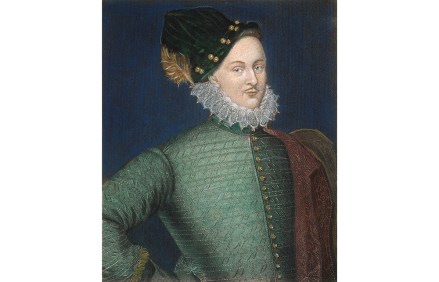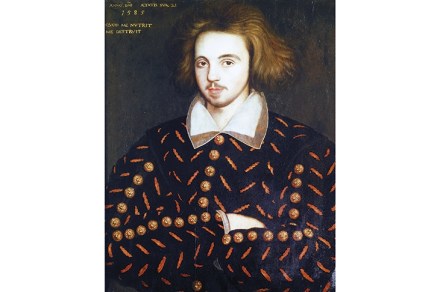Shakespeare sceptics are the new literary heroes
Let’s start with the basics. Despite widespread disinformation, including in Shakespeare was a Woman and Other Heresies, there is in fact ample historical evidence from the period that a) attributes the plays and poems to William Shakespeare, b) registers the same William Shakespeare as an actor and shareholder in Lord Chamberlain’s, later King’s Men, and c) connects this William Shakespeare with the William Shakespeare of Stratford-upon-Avon. Only if you believe that all this evidence is fabricated does the authorship question become a question. And once the question is admissible, all that mass of documentation is no longer sufficient to answer it. Anti-Stratfordians operate almost entirely outside the academy of professional



